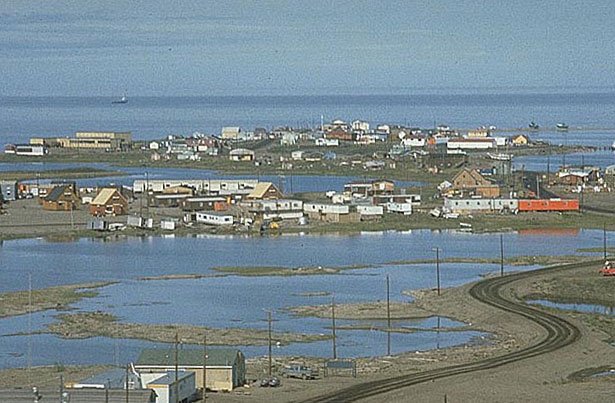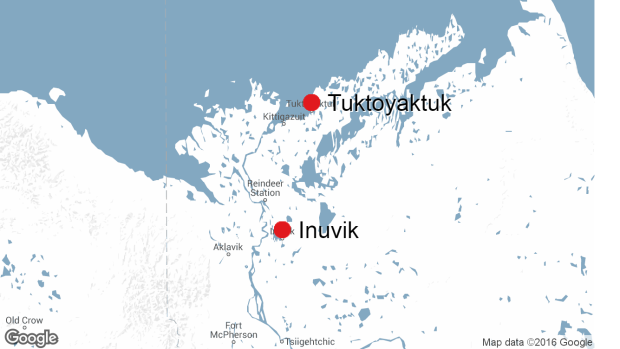For a country to have a unified identity, its people need to feel connected to a national community. This unity requires infrastructure that connects neighbours, families, towns and cities together. Canada throughout its history has tried to tame the vast northern area it occupies and create this unity. In the 1880’s the Canadian Pacific Railway connected East-West Canada by rail, in the 1960’s, the Trans-Canada Highway officially opened (the country had been connected by smaller roads for some time), and now the Arctic Ocean has been connected to the rest of Canada.

A CBC news article, “New Arctic coast highway opens up remote Tuktoyaktuk”, describes what the opening of the highway means to the community of Tuktoyaktuk which exists on the shores of the Arctic Ocean. The hope is that the highway will help bring needed prosperity to the region. The problem, it won’t.
Democratic governments are always at the mercy of groups who claim to be marginalized by the rest of society. In Canada, northern communities are always asking for government help and have demanded attention from the mainstream media. They usually lack affordable consumer goods, housing and the comforts enjoyed by southern regions. For these communities, the truth is they shouldn’t.
Northern life is not glamorous. The communities that exist in these regions have lived off seal, whale and fish meat for thousands of years and, literally, lived in igloos. What brings prosperity to an undeveloped region (or any region) is the ability to produce a good or service which cannot be produced as cheaply, or at all, elsewhere. Currently there is nothing that can be produced in Tuktoyaktuk that cannot be produced more effectively somewhere else.
The highway extension has cost 300 million dollars and connects Inuvik to Tuktoyaktuk. To a community of 900 people, this translates to a value of $333,333.33 for every person in the community.

The adage, ‘build it and they will come’, does not apply very well to economics. When a region requires a road companies build them. Northern Alberta, Saskatchewan, nearly all Canadian provinces are littered with gravel roads that extend into the northern frontier. Whether it was logging, oil, mining or vacation cottages, when there was an economically viable reason to build a road, it was built.
The Canadian government throwing money at a problem will not fix it. If the government wanted to solve the issue, it would lift the ban on drilling for oil in the artic and companies would return to Tuktoyaktuk. Once it was viable to build a road, they would.